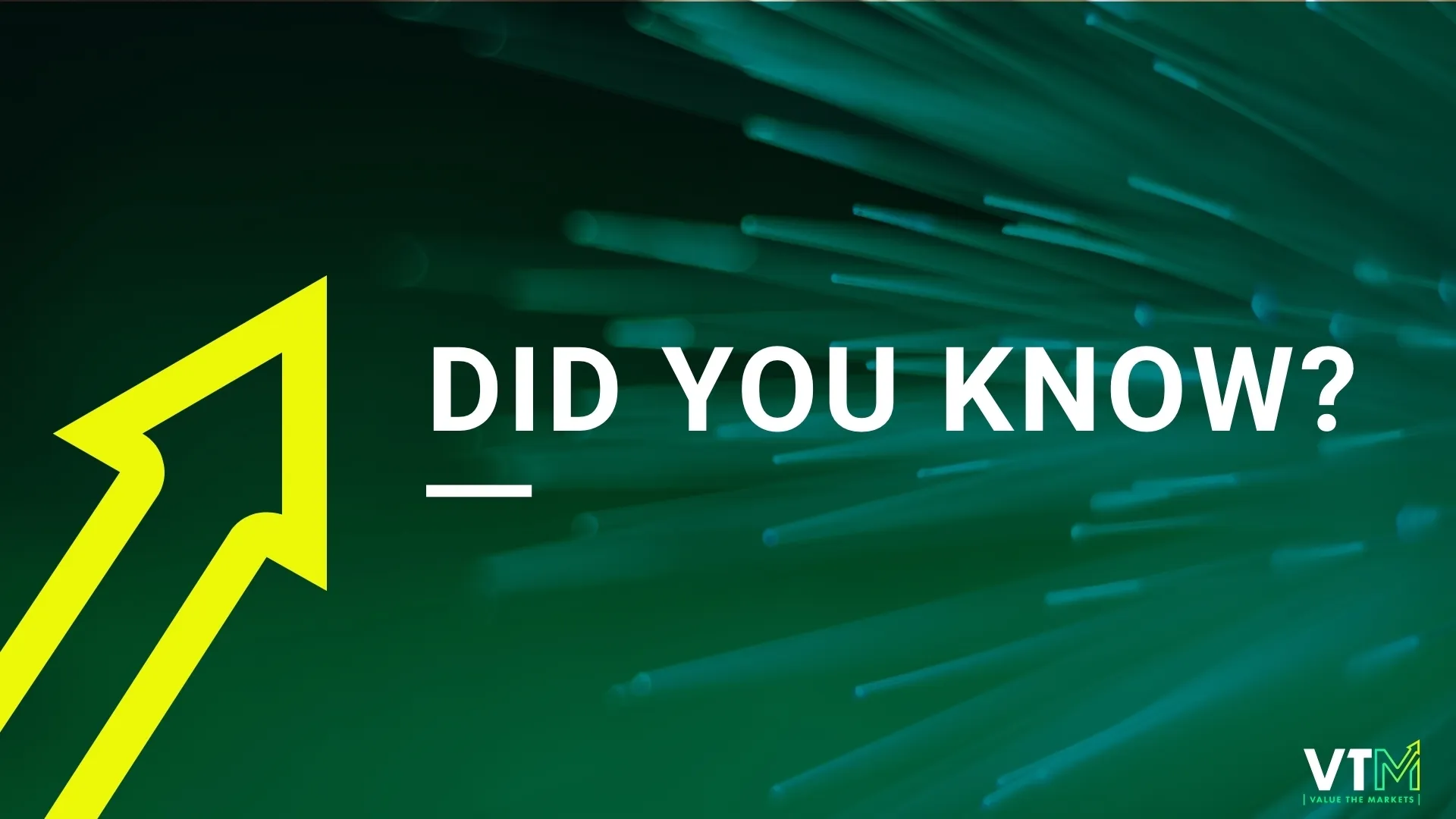Futures contracts are legal agreements to purchase something at a specific time and price. These agreements are negotiated at futures exchanges and used by commodity producers, consumers, traders and investors.
A seller will hope to make a profit by the value of the items falling before the contract ends. Conversely, buyers hope that the price of the item will have increased by the agreed purchase date.
#How futures contracts work
The underlying assets you purchase through a futures contract can be commodities or financial instruments. For example, a buyer and seller might agree to exchange 200 barrels of crude oil at $64 per barrel in three months. If the crude oil price stands above $64 after three months, the buyer has made a savvy deal. However, if the price is lower, the seller has made some extra money. In this scenario, the seller has taken a ‘short’ position and the buyer a ‘long’ position.
Futures contracts are popular among producers of commodities as they can hedge against price risk. An oil producer will estimate its production at the start of each year and may choose to sell some barrels in advance through futures contracts. The prearranged price will protect their business against a price drop.
When the contract is agreed, the buyer does not have to pay the full specified price. Instead, the futures exchange will simply require an ‘initial margin payment’. This can be as low as 5-10% of the agreed purchase price. However, in the US, the initial margin for stock futures must be at least 50% of the purchase price of securities.
Different exchanges may require higher amounts. Price fluctuations prior to the contract’s expiration date may mean that the buyer must also pay a maintenance margin.
Buyers are obliged to take possession of the goods specified in the contract at the time of expiration. However, they also have the ability to sell their position to another party, and thus pass on this obligation, before the expiration date.

Futures contracts normally do not make it to the delivery stage. Traders will ‘close out’ their position by entering the exact opposite of their initial trade. This neutralises their position and allows them to collect any profit.
#Types of futures contract
Different types of futures contracts normally refer to the asset being exchanged. Common examples include commodity futures, currency futures, stock index futures and precious metal futures. Commodity futures are the variety largely used by producers of assets such as oil and agricultural goods in order to protect against price risk.
Currency futures are similar, but the contracts concern an exchange in currency. For example, two parties might agree to exchange a specific amount of US dollars and British pounds sterling at a specific date. These contracts are often used by international traders to nullify the risk of fluctuation in the value of currencies.
Finally, stock futures and stock index futures are contracts that will require the buyer to purchase a stock at a specific price at a certain time.
#Advantages of futures contracts
From a company’s perspective, futures contracts can protect them against price fluctuations of the materials they produce. If a geopolitical event causes the price of their product to nosedive, they are insulated by having prearranged pricing. Providing this security to companies translates to providing security to the industries they represent.
For example, if grain prices suddenly plummeted the entire industry could collapse. However, futures contracts ensure they receive more money and do not fall victim to large price fluctuations.
Meanwhile, from a buyer’s point of view, futures contracts allow for profit to be made from speculation. This profit can be made after investing relatively little capital, due to low initial margins. Commission charges are also relatively low and so will eat into profits less.
Another factor is that futures contracts are conducted through exchanges, so counter party risk is low. Clearing houses act as neutral parties between the buyer and the seller. They check that those on both sides of the deal have the financial capacity to fulfil their obligations and ensure that requirements are met.
Additionally, buyers can secure the purchase of assets well in advance without having to pay anything close to the full amount. For example, a buyer looking to secure $50,000 worth of crude oil would be able to do so with just $5,000 if the initial margin was 10%.
#Disadvantages of futures contracts
Smaller investors can find it difficult to invest in futures contracts because of their size. The initial margin size for some deals might be small compared to the overall price of the assets. However, the overall size of the contracts could still be too much to handle for investors who do not have much capital to play with.
Additionally, there is simply the fact that prices can be affected by random acts of God. Even the most experienced speculator can be caught out by natural disasters, conflict and geopolitical strife. For example, WTI crude prices fell by almost 25% in a single day in March 2020.
This was the result of squabbling about oil production between Russia and the Organization of Petroleum Exporting Countries (OPEC). Extreme drops in price like this result in speculators losing huge amounts of money.
Finally, there is also the rare problem that you might forget the last trading day of a futures contract. If you are a buyer, this means you will be obligated to pay for and receive delivery of the assets in question. This could make you the lucky owner of 10,000 barrels of crude oil or 5,000 bushels of wheat! Such a mistake is unlikely, but would be a headache for anyone to deal with.
